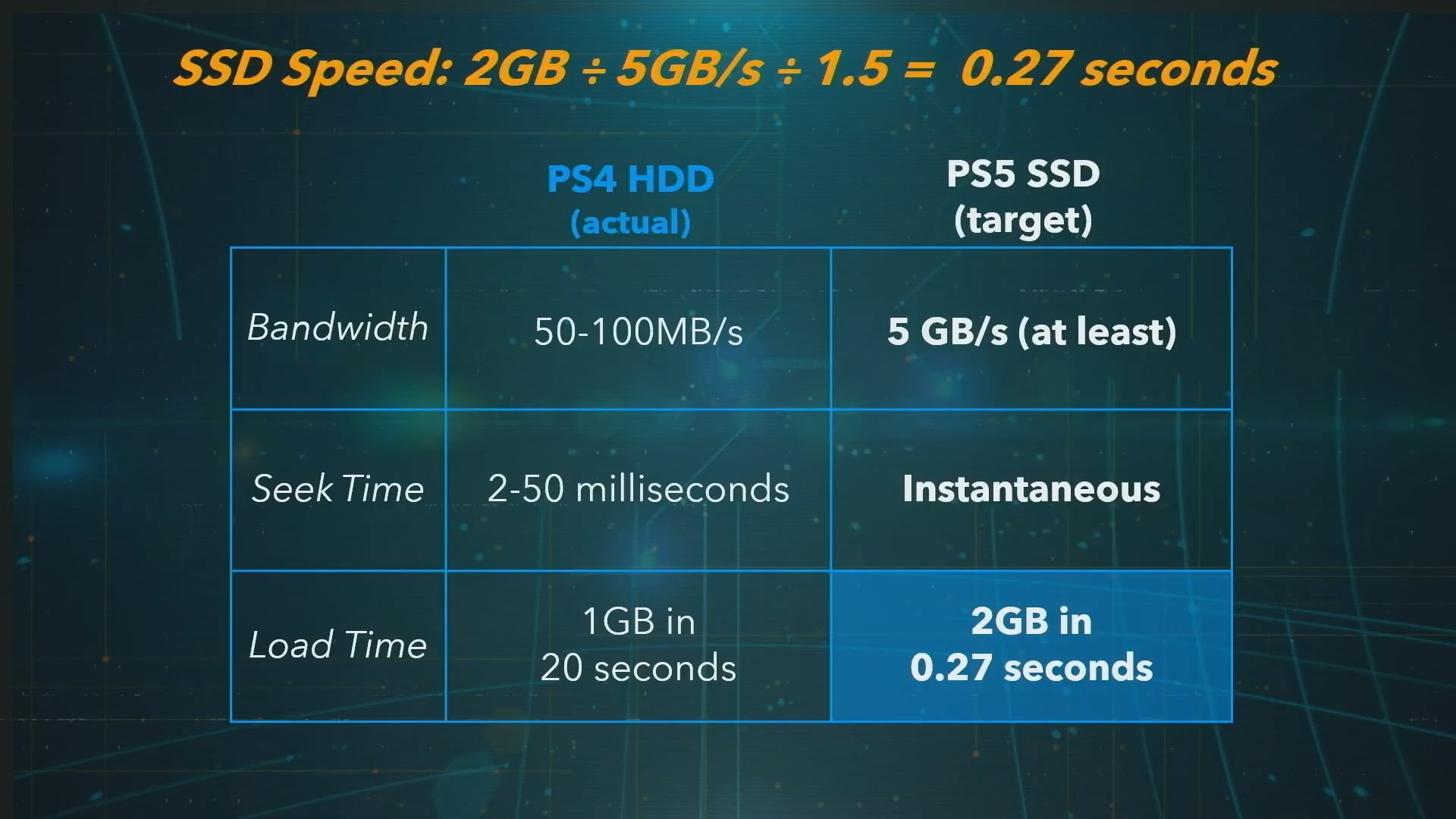PS5 load times were eliminated to "give the game designer freedom" to make whatever they want
PS5 architect Mark Cerny on the benefits of the PS5 SSD

Dramatically reduced PS5 load times will give game designers unprecedented freedom in terms of what they can create and how quickly they can load it, according to system architect Mark Cerny.
"The primary reason for an ultra-fast SSD is that it gives the game designer freedom," Cerny said on today's PS5 reveal stream. "With a hard drive, the 20 seconds it takes to load a gigabyte can sabotage the game the developer is trying to create. Say we're making an adventure game and we have two rich environments where we each want enough textures and models to fill memory. What you can do, as long as you have a long staircase or elevator ride or windy corridor where you can ditch the old assets, is take 30 seconds or so to load the new ones."
Cerny used Haven City from Jak & Daxter 2 as an example, but you can see the same technique used in many games. If you've ever squeezed through a suspiciously cordoned-off tunnel, hallway, elevator, or what-have-you, there's a good chance it was used to sneakily buy time to load upcoming sections of the game. According to Cerny, the PS5's SSD tech is so robust that developers can skip this step entirely, giving them more room to create whatever they want without worrying about overhead or slowdown, and saving players needless faux-loading.
"Part of the reason for that [load speed] target is streaming. What if the SSD is so fast that as the player is turning around, it's possible to load textures for everything behind the player in that split second?" Cerny said. In other words, no matter what the player does, they will never run into any sort of loading wall because everything in the game's world will update instantly. This represents a substantial leap forward for graphics and storage tech, which both Sony and Microsoft have emphasized in the run-up to next-gen.
More on PS5 load times here: Sony talks PS5 SSD tech for the next generation.
Weekly digests, tales from the communities you love, and more

Austin has been a game journalist for 12 years, having freelanced for the likes of PC Gamer, Eurogamer, IGN, Sports Illustrated, and more while finishing his journalism degree. He's been with GamesRadar+ since 2019. They've yet to realize his position is a cover for his career-spanning Destiny column, and he's kept the ruse going with a lot of news and the occasional feature, all while playing as many roguelikes as possible.


